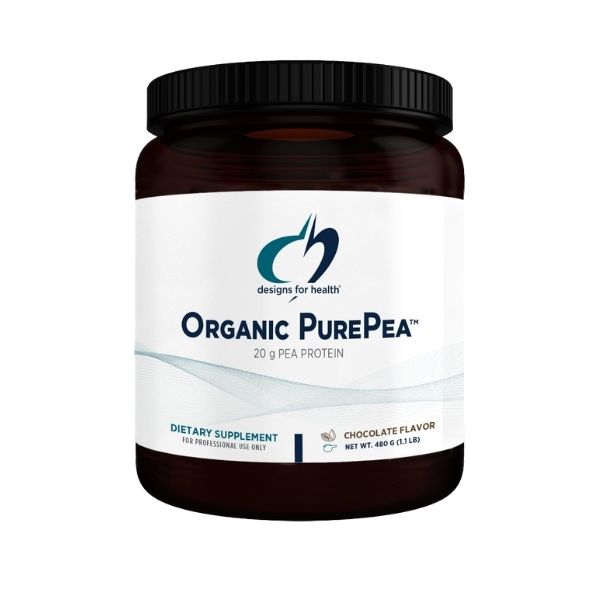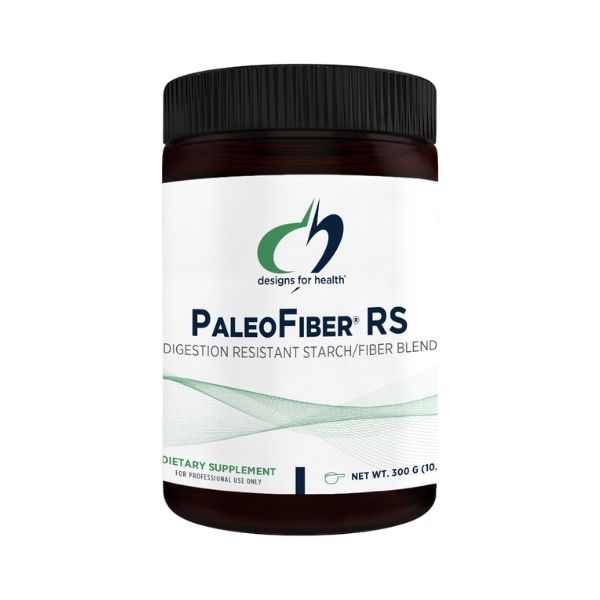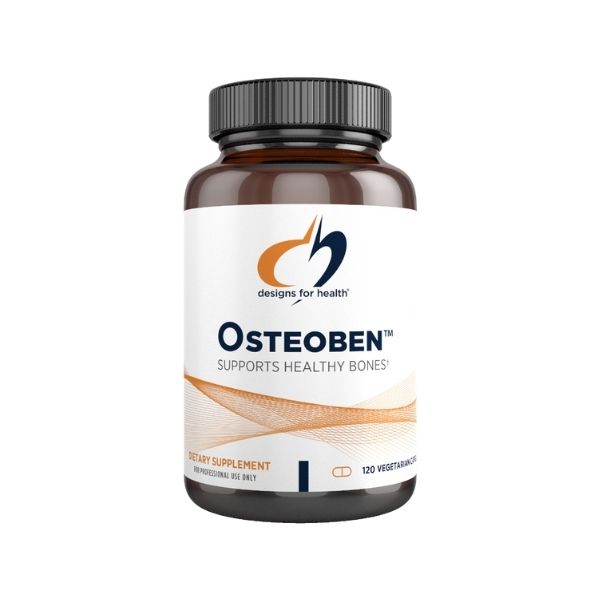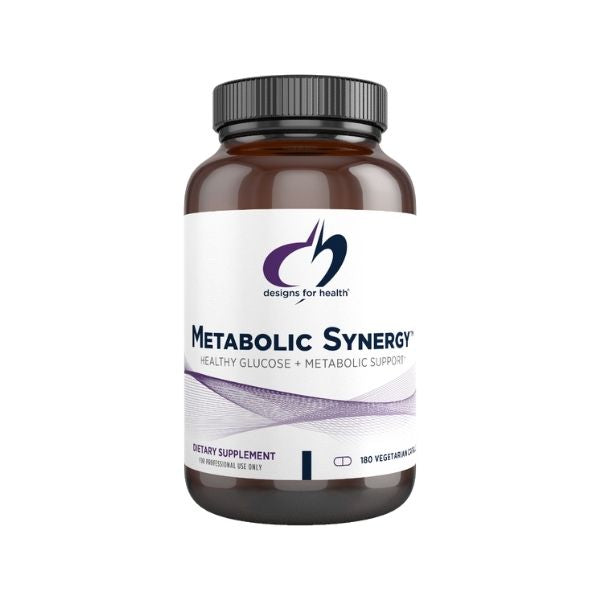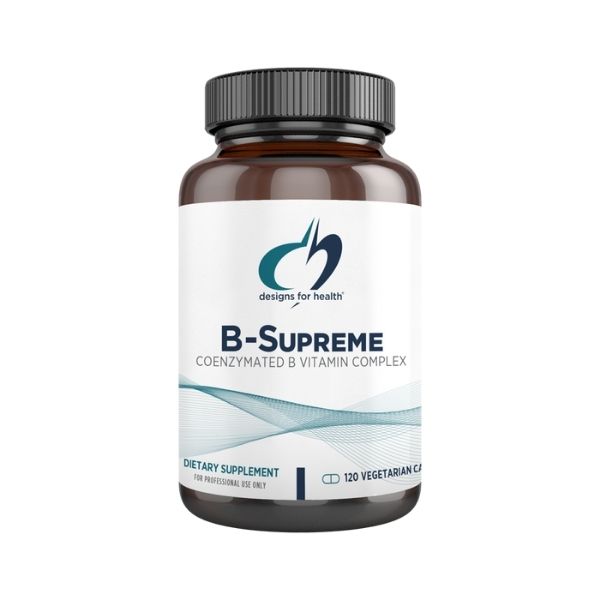
Your gut is home to trillions of bacteria that do more than just help with digestion as they support your immune system, affect your mood and help your body absorb nutrients. When your gut is in balance, you feel better, think clearly and have more energy. But modern life, stress, illness and diet can disrupt that balance.
That’s where a daily probiotic can help. Probiotics are good bacteria that support a healthy gut. They’re found in certain foods, but many people take them in supplement form to keep their gut in good shape every day.
In this guide, we’ll explore how probiotics work, which strains are most helpful, how to choose the right one and what to expect when you take them regularly.
Why People Are Focused on Gut Health
As more people learn how deeply gut health affects the rest of the body, the focus has shifted from just digestion to full-body wellness.
The Gut’s Bigger Role
Your gut does more than break down food. It’s home to trillions of bacteria that affect digestion, energy, immunity, and even mood. When these bacteria are in balance, your body runs more smoothly.
Signs of Imbalance
When your gut isn’t balanced, you might feel bloated, gassy, tired, or low in mood. You may also get sick more often. This happens when bad bacteria grow more than the good ones, causing problems in your body.
Restoring Balance
To support a healthy gut, many people now take a daily probiotic. These supplements add more good bacteria to the gut which helps restore balance and improve how your body feels and functions each day.
With growing awareness of gut health, probiotic for adult are becoming a key part of many wellness routines.
What Are Probiotics?
Probiotics are helpful bacteria that already live in your gut. Taking a probiotic adds more of these good bacteria to support digestion, immunity and gut health.
They can come from foods like yoghurt or pickles or be taken as supplements. A daily probiotic gives your gut regular support to keep it working well.
What Do Probiotics Do?
Probiotics and Vitamin Production
Probiotics help your body produce some vitamins, especially B vitamins (such as B12, folate, and biotin) and vitamin K. These vitamins are made by beneficial bacteria in the gut and play key roles in energy metabolism, blood health, and bone strength.
Support Digestion
Probiotics aid digestion by helping break down food components and supporting enzyme activity. This makes it easier for your body to absorb essential nutrients such as vitamins and minerals
Reduce Discomfort
They can ease bloating, gas, and irregular toilet habits by keeping your gut bacteria balanced.
Boost Energy
When digestion improves, your body gets more fuel. You may feel more active, focused and balanced throughout the day.
Keep Harmful Bacteria in Check
Probiotics support a healthy balance of gut microbes by encouraging the growth of beneficial bacteria and limiting the overgrowth of harmful ones. This balance helps maintain a stable and resilient digestive system.
Support Mood and Mental Health
Your gut and brain are closely connected through the gut–brain axis. By promoting a healthy gut environment, probiotics may help improve mood, support focus, and reduce stress.
What Are the Most Helpful Probiotic Strains?
There are many strains of probiotics but two of the most studied and helpful are Lactobacillus and Bifidobacterium. These are often found in trusted probiotic supplements.
1. Lactobacillus Species (Mainly in the small intestine and vaginal tract)
-
L. rhamnosus – Supports immunity and protects against antibiotic-related diarrhoea.
-
L. acidophilus – Aids digestion and nutrient absorption.
-
L. plantarum – Helps with gut lining strength and inflammation.
-
L. casei – Helps break down lactose and supports regularity.
-
L. salivarius – Supports oral health and reduces bad bacteria.
-
L. paracasei – May help with allergies and immune balance.
-
L. gasseri – Linked to weight management and reduced inflammation.
2. Bifidobacterium Species (Mainly in the large intestine)
-
B. longum – Helps digest fibre and supports mood.
-
B. lactis – Supports digestion and reduces bloating.
-
B. bifidum – Helps protect against harmful bacteria and supports immunity.
-
B. breve – Helps with fibre breakdown and may ease eczema in children.
Why This Combination Matters
When taken together, Lactobacillus and Bifidobacterium strains offer full gut support. They:
-
Rebuild healthy gut bacteria after antibiotics
-
Help absorb nutrients more efficiently
-
Strengthen the gut wall (reduce "leaky gut")
-
Boost immunity and reduce allergy risk
-
Fight harmful bacteria and yeast
-
Support the gut-brain connection for better mood
How Many Billion CFUs Do You Need?
CFU (colony-forming unit) shows how many live bacteria are in the supplement. Here’s a quick guide:
-
For general health: 10–25 billion CFU/day
-
For specific gut or immune issues: 50–100 billion CFU/day
More CFUs aren't always better. The right strain and how it is delivered matter just as much. Always read the label and speak to a healthcare provider if unsure.
Delivery and Survival: Why Technology Matters
Many probiotics die in the stomach before reaching your gut. That’s why delivery technology matters.
Some probiotics use protective coatings or systems to help the bacteria survive the journey through stomach acid and reach the intestines where they can work. For example, InTactic® delivery technology is designed to shield the live strains until they reach your gut, improving their effectiveness.
When shopping for a probiotic, check how it’s made. Look for one that promises live delivery to the gut and uses proven methods to keep bacteria alive through the digestive process.
What Happens When You Take Probiotics Daily?
Adding a daily probiotic can lead to real improvements over time:
-
Fewer tummy troubles and more regular toilet habits
-
Less bloating and gas
-
More energy and clearer thinking
-
Better immunity and resilience
-
Improved sleep and mood
These changes can take time. Stick with it and stay consistent.
What to Look for in a Daily Probiotic
Finding the right daily probiotic can make a big difference in how you feel. Here are a few key things to check before you choose one:
Variety
Pick a probiotic with a mix of strains. Different types of good bacteria work in different areas of your gut and offer broader support.
CFU Count
Look for a supplement that has at least 1 billion live CFUs (colony-forming units). For stronger support, some people may need more. The right number depends on your needs.
Trusted Source
Always buy from a clear, reliable brand. Labels should be easy to read and include storage tips as some probiotics need to be kept in the fridge to stay effective.
Many people trust Klaire Lab Probiotic supplements for their quality, clinically researched strains, and proven delivery technology.
Should You Take Daily Probiotic Supplements?
If you often feel bloated, tired or catch colds easily, a probiotic might help. It supports gut balance and may ease common digestive issues. People who eat probiotic-rich foods regularly (like yoghurt, kefir, and kimchi) and have no health issues may not need a probiotic.
But if your diet lacks these or you’ve taken antibiotics recently, probiotics can offer support. Always talk to a healthcare professional before starting a new supplement.
Conclusion
Taking care of your gut is one of the smartest things you can do for your overall health. A balanced gut supports digestion, boosts energy, strengthens your immune system, and even helps improve mood and mental focus.
Adding a daily probiotic to your routine is an easy step with lasting benefits. By feeding your body more of the right bacteria like Lactobacillus and Bifidobacterium, you support a system that works hard for you every day.
Choose a high-quality supplement with the right strains and CFU count, and stay consistent. Small daily actions often lead to big changes. As your gut gets stronger, you’re likely to feel the difference not just in your digestion, but in how you feel each day.




